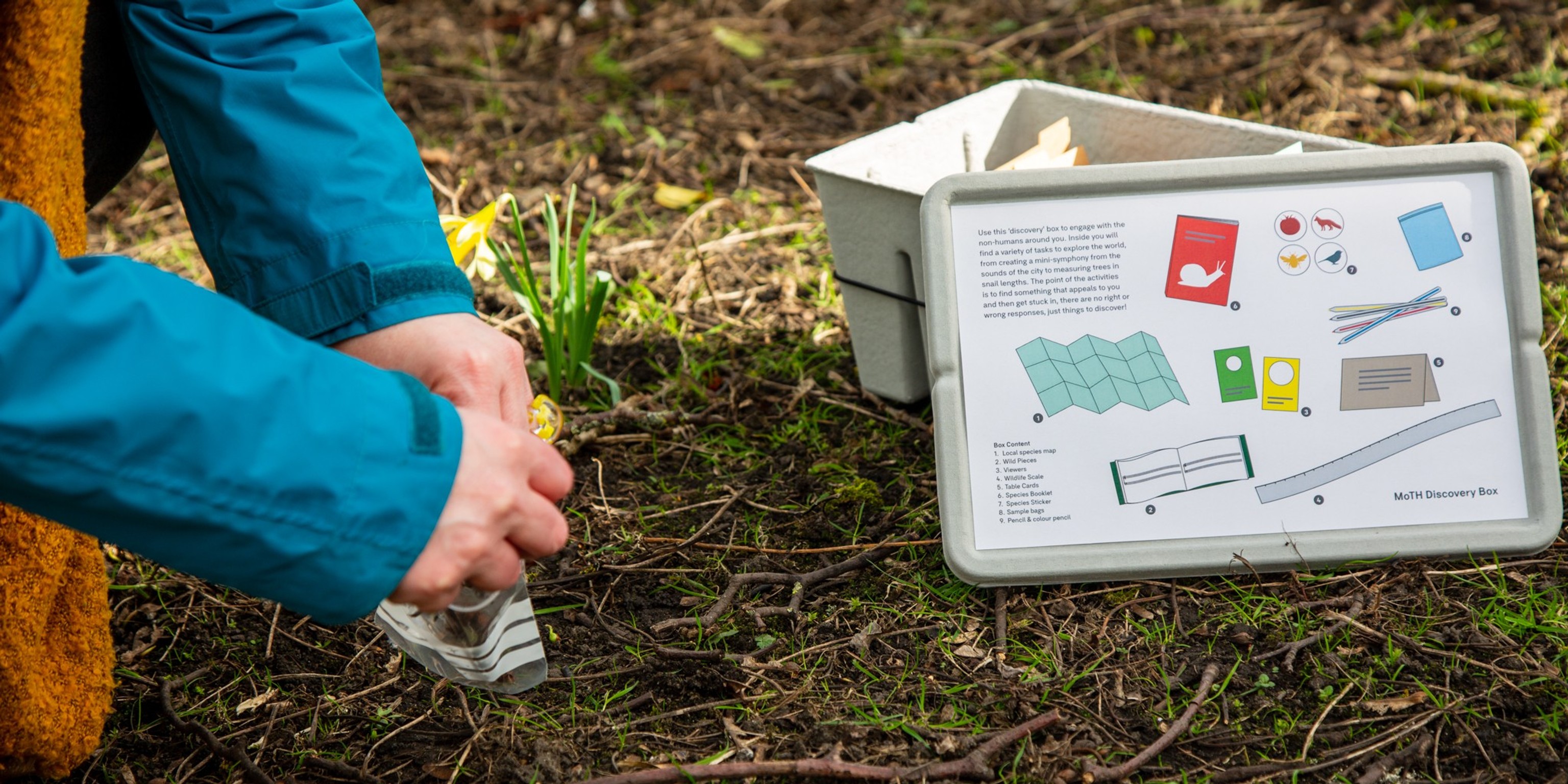
More-than-human data interactions in the city
Digital Sustainability
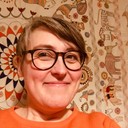
Collaborators HDI, City University of London, Warwick University, Goldsmiths University, and London School of Economics
Abstract
We explored what it means to design for data interactions through what we call a more-than-human perspective.
Method
We used creative methods to decentre human perspectives and instead draw attention to the ways in which humans and non-human others rely on each other to flourish in urban spaces.
Takeaways
We held two workshops in July 2021, and created a Discovery Box of ideas and probes that have been developed out of ideas generated in the workshops.
How might we design urban spaces to be more hospitable for a fox? What kinds of urban data might a parakeet find useful? And how might digital infrastructure help us create more equitable living spaces for all of London’s inhabitants, human and non-human, big and small?
The More-than-Human Data Interactions in Smart Cities or the MoTH Cities project was a research collaboration that involved academics across five institutions. The project took place between May and December 2021 and included Rachel Clarke from Open Lab, as well as two community organisations in London.
In this project we used creative methods to decentre human perspectives and instead draw attention to the ways in which humans and non-human others — such as soil, trees, foxes, weeds and insects — rely on each other to flourish in urban spaces. We explored what it means to design for data interactions through what we call a more-than-human perspective.
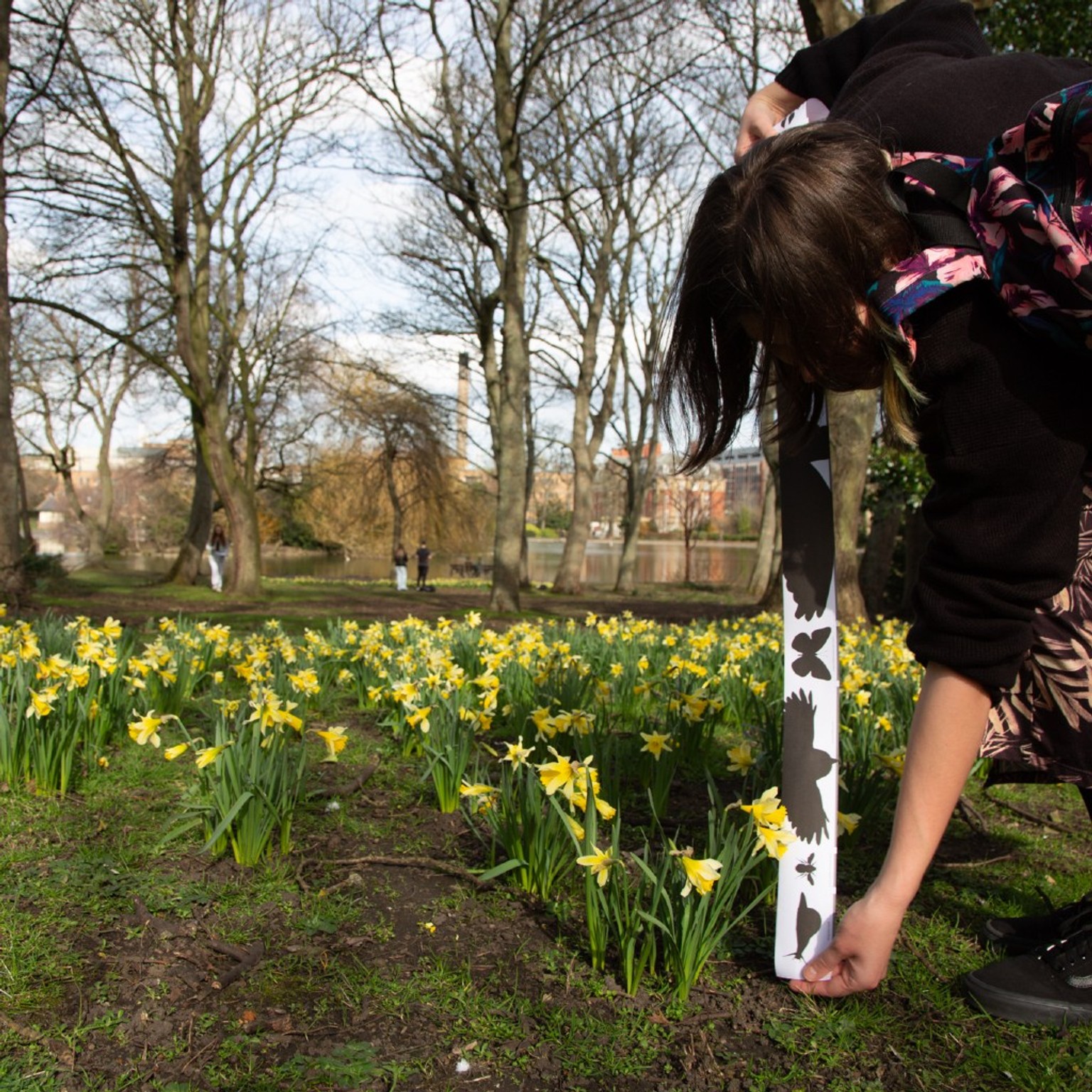
Our aim was to imagine and speculate on other ways data could be collected, repurposed and interacted with to support diverse forms of life and enrich the ways that different species live together in the city.
In July 2021 we brought together a diverse group of around 50 researchers, activists, community organisers, gardeners, artists, landscape designers, policy-makers, and other interested citizens to explore these questions and concerns in two workshops in east London.
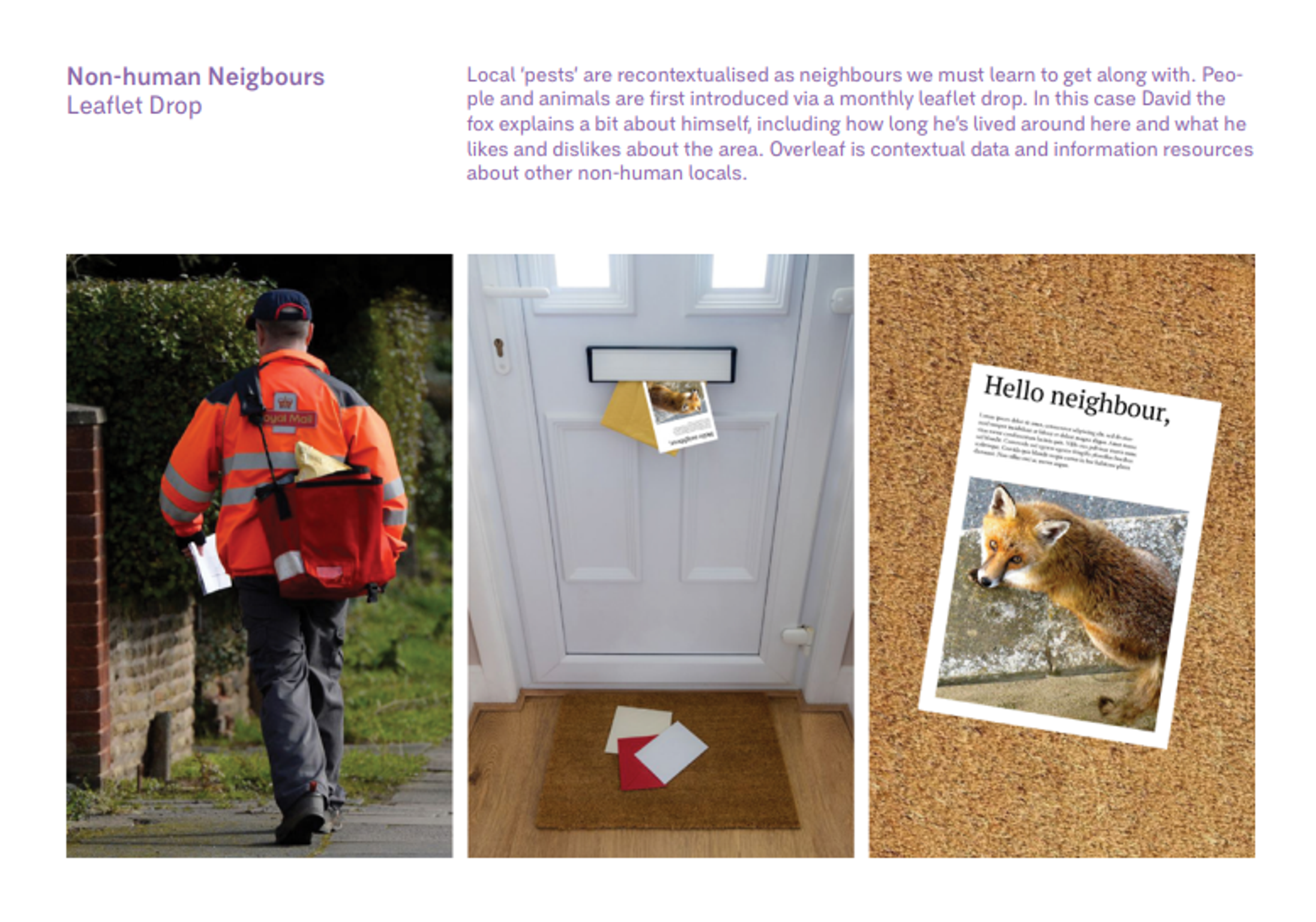
We organised our ideas around using a series of design probes and proposals. These were used to help people move beyond a human-centred perspective and consider the city from the perspectives of other species. In addition, workshop participants adopted a non-human species to roleplay throughout the workshop.
Species included urban animals such as foxes, parakeets, earthworms and bumblebees; plants such as lime trees, dandelions, and tomatoes; and microscopic life such as nematodes and bacteria.
The workshops involved trying to understand challenges and opportunities for these species through activities such as completing a FixMyStreet complaint, and working with the Roving Microscope to collect soil samples and view microscopic life in an overgrown Victorian cemetery in Tower Hamlets.
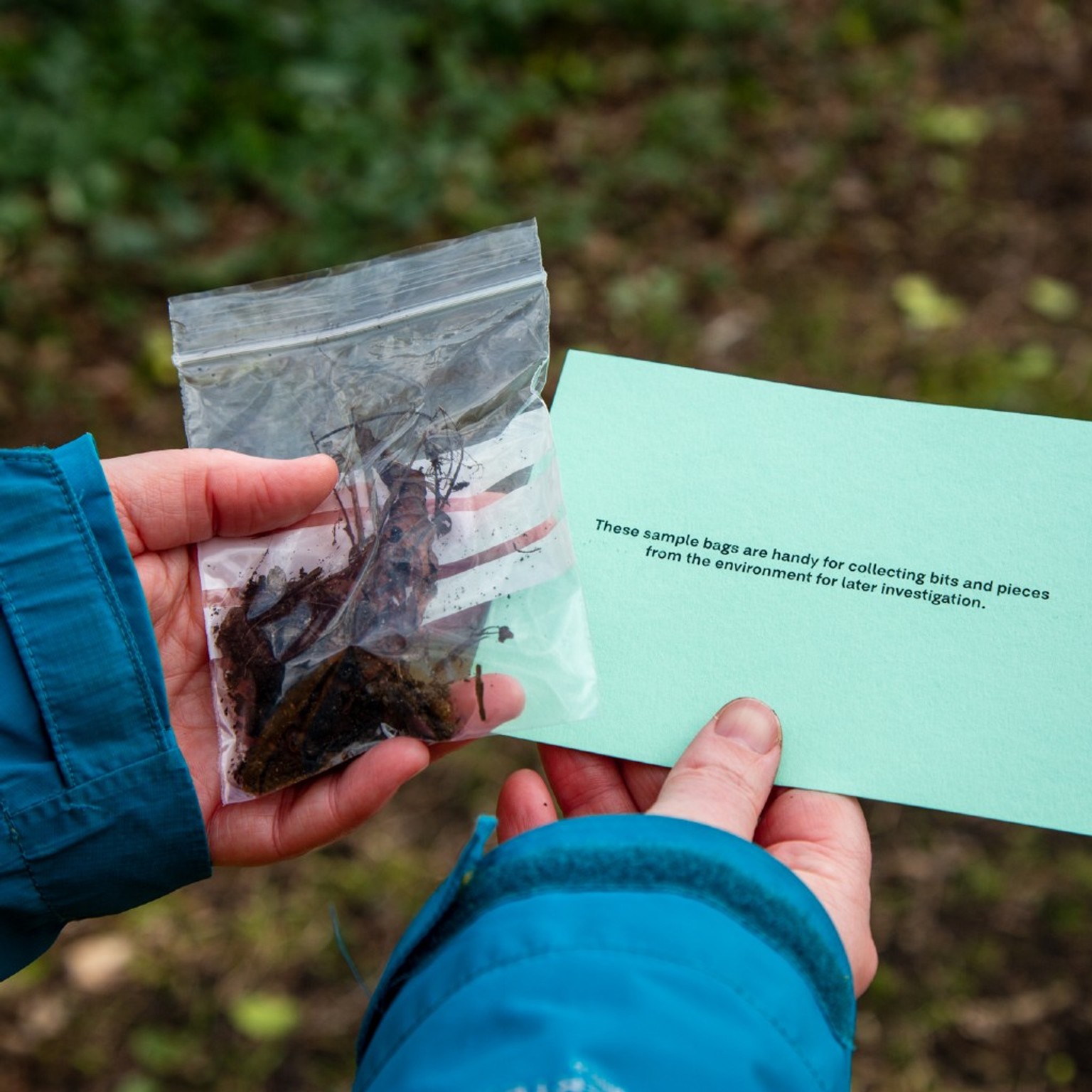
“it is very exciting - something you’ve never imagined in a lump of soil, and it’s amazing to see that it’s alive actually… even if things move, people think it’s just the wind or something - it’s very much alive the whole thing… ” A previous Roving Microscope workshop participant.
We have created a Discovery Box of ideas and probes generated in the workshops. While we hoped to launch the Discovery Box in December through a final event, we had to postpone due to Covid-19. We are, however, looking forward to wrapping up the project with an evening celebration of talks, demonstrations, multispecies games, live music, food and drinks amongst the plants, animals, and microbes that live and pass through Spitalfields City Farm in east London.
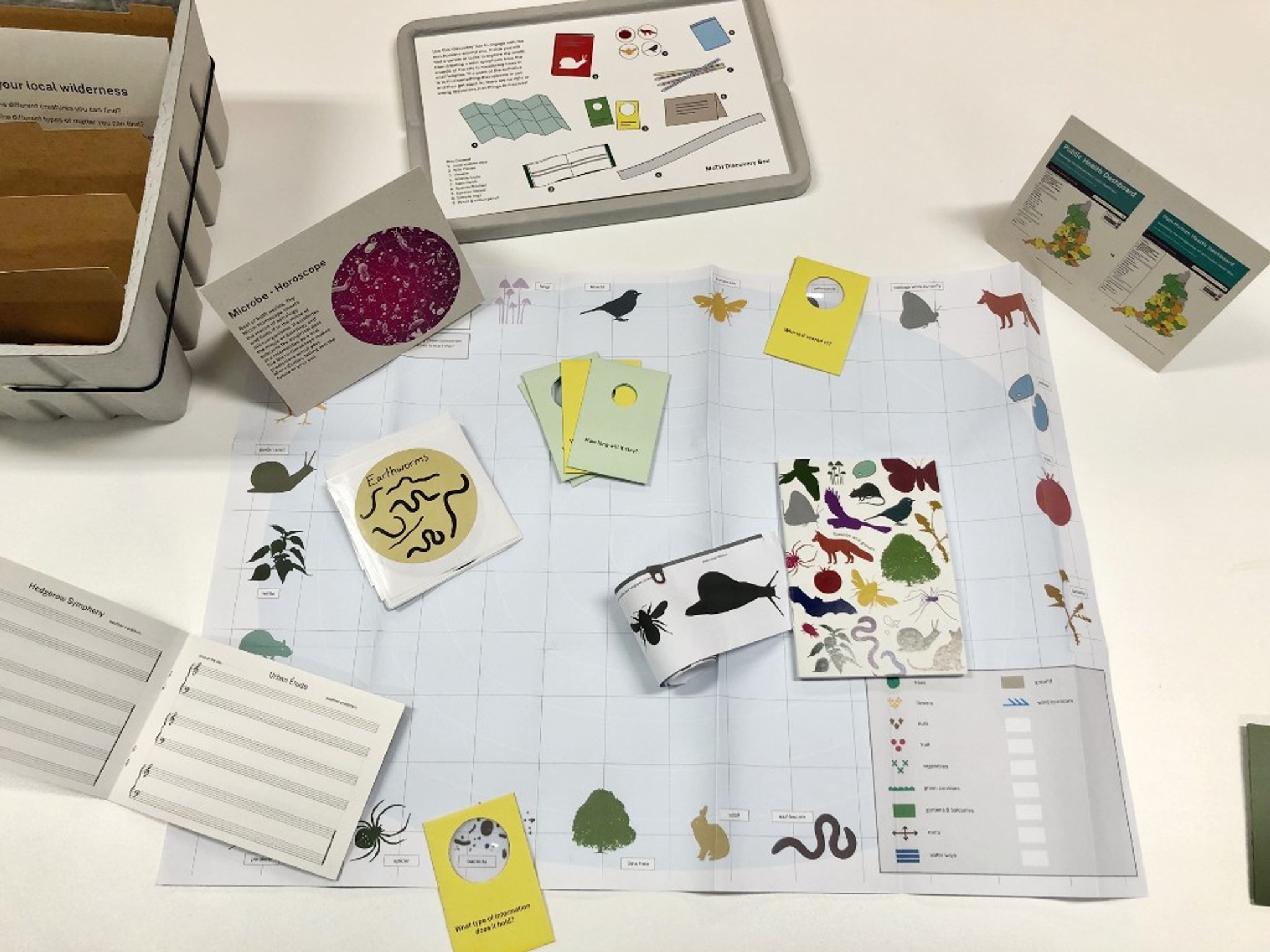
We would like to explore how the Discovery Box might be used by different people in their work and daily lives, as a way of expanding our relationships with other species in the city. We’re currently in discussion with new partners including the Natural History Museum, Royal Agricultural University, John Muir Award and Stomping Grounds Forest School to try out some of the resources. If you’re interested in trying out the box please get in touch with rachel.clarke@ncl.ac.uk or sara.heitlinger@city.ac.uk
The project received funding from the EPSRC Human-Data Interaction Network Plus.